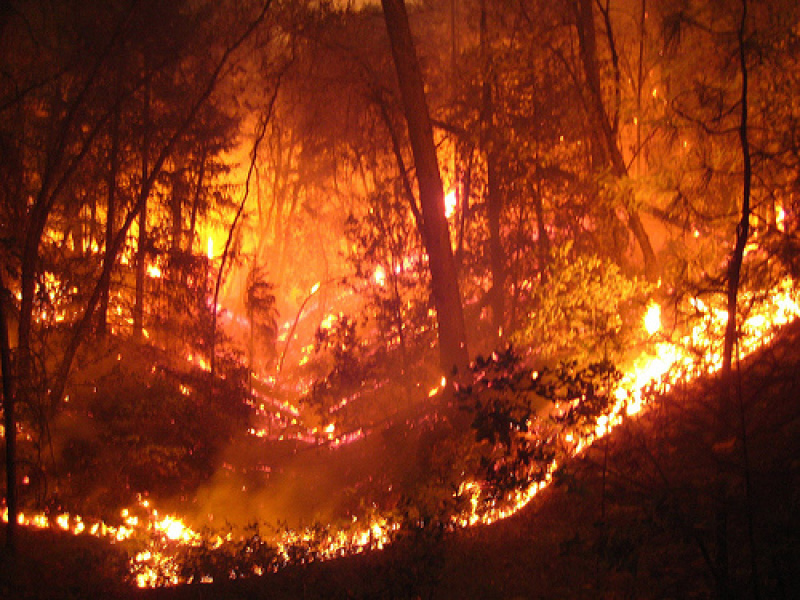
Researchers warned that as the temperature continues to rise due to global warming, more destructive wildfires will occur on Colorado.
This is according to their findings after studying the area's history over the past 2,000 years, Rapid News Network reported.
For the study, the team of researchers analyzed the charcoal deposits found in northern Colorado's 12 lakes and near the Mount Zirkel Wilderness. These deposits are actually carbon and ash-based residue that were formed after water from plant life and other vegetation evaporated due to global warming.
Through these samples, the researchers were able to determine that the temperature in North America started to rise 1,000 years ago and led to massive wildfires. That timeframe, which has been dubbed by researchers as the Medieval Warm Period (MWP), occurred for 300 years and exhibited a temperature spike of 1 degree Fahrenheit, according to a report released by the National Science Foundation.
That might not seem much but according to researchers, this slight increase can have a huge impact on the development of wildfires.
During the MWP, the researchers noted that more than 80 percent of the 385-square-mile area that they were studying was burned during large fires. This covered a significantly larger area as compared to the regions affected by wildfires 2000 years ago.
"When we look back in time, we only see evidence of large areas burning one time in the last 2,000 years," John Calder of the University of Wyoming and lead author of the study said in a press statement.
"This suggests large wildfires of the magnitude we've recently seen used to be very infrequent," he added.
The spike in temperature during the MWP indicates how slight changes on the global climate can have a huge impact on the environment. Of course, warmer temperatures can lead to drier environments, which can significantly increase the risk of wildfires occurring.
If drastic actions are not immediately taken to reverse the effects of global warming, then the number of reported cases of wildfires in Colorado will increase. Although the study was only conducted on a specific region, this can also be applied to other areas in the world that are affected by wildfires.
"This project demonstrates the significance of historical records in addressing current issues," Thomas Baerwald, the program director for the National Science Foundation, the organization that funded the study, said. "Scientists are working to understand the complex interactions among climate, vegetation, land use, fires and other factors."
"The insights gained from such relationships in the past can provide new insights for understanding these processes today," he added.
The study of the researchers was submitted to the journal Proceedings of the National Academy of Sciences.


















